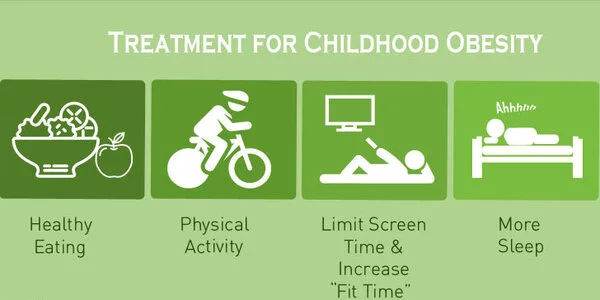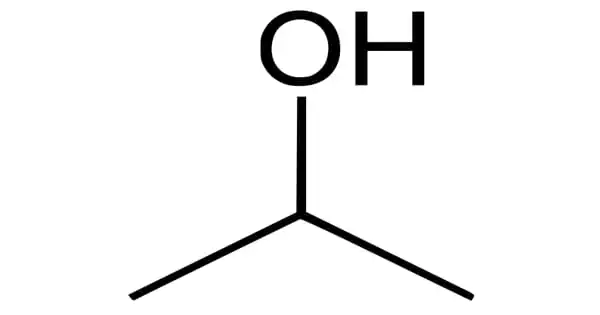Early treatment of childhood obesity is beneficial and critical for a variety of reasons. Obesity in childhood can have major health repercussions, including an increased chance of acquiring disorders including type 2 diabetes, cardiovascular disease, and psychological difficulties.
Early treatment of childhood obesity is effective in both the short and long term, according to Karolinska Institutet researchers in a study published in The International Journal of Obesity. Over 170 young children in Sweden who had been diagnosed with obesity were monitored by the researchers. Children between the ages of four and six were recruited for the randomized controlled study through children’s clinics in Region Stockholm.
The children and their parents were assigned at random to one of three therapy conditions: conventional treatment, parental support group, or parental support group with telephone follow-up. The children and parents in the conventional treatment group met with a doctor, pediatrician, and/or dietitian to discuss diet and activity. The two parental support groups did not include children and instead focused on how parents may encourage healthy lifestyles in the family in a pleasant and conflict-free manner.
“Such conversations can center on how to set boundaries, how to teach children new behaviors, and how to communicate with preschools, grandmothers, neighbors, and other adults in the children’s world,” says principal investigator Paulina Nowicka, Associate Professor in Pediatric Science at the Department of Clinical Science, Intervention and Technology, Karolinska Institutet, and professor of Food studies, nutrition and dietetics at Uppsala University.
Such conversations can centre on how to set boundaries, how to teach children new behaviours and how to communicate with preschools, grandmothers, neighbours and other adults in the children’s world.
Paulina Nowicka
Following the parental support groups, half of the participants were randomly given a follow-up phone call. “Studies have been done on children who have previously been treated for obesity,” adds Professor Nowicka. “But most of them have only been followed up after six months or a year, so we have no data on how the children fared over a longer period than that.”
The findings of her and her colleagues’ new study imply that early obesity therapy has a long-term effect.
“The children in all three groups improved their weight status and saw a reduction in their degree of obesity,” she says. “The children whose parents received parental support had the best results, especially so those who also received follow-up phone calls. We also found that more children in this third group showed a clinically relevant improvement of their weight status associated with better metabolic health, by which I mean better levels of blood lipids and glucose.”

According to Professor Nowicka, most parents know what kind of food they are to serve their children:
“They usually know this – but what do you do with a child who loves food and always wants to eat, or one that’s always hungry? How do you go about it without making a taboo of food?” she says. “You have to try to build a clear structure at home, one that makes the child know that lunch is on its way and know that they’ll be getting supper.”
“However, you also need to do things together to strengthen family bonds, such as getting the child involved in cooking, giving the child vegetables if they’re hungry, and not rewarding them with food,” she explains. It is also critical to ensure that eating is not connected with emotions or achievement.”
While obesity is difficult to cure, the study found that rigorous treatment is both safe and effective for pre-school children:
“Treating children at that age is much more effective than if you start treating them in their teens,” she said. “Some adolescents are looking at possible bariatric surgery and we hope that this can be avoided with earlier treatment.”
















